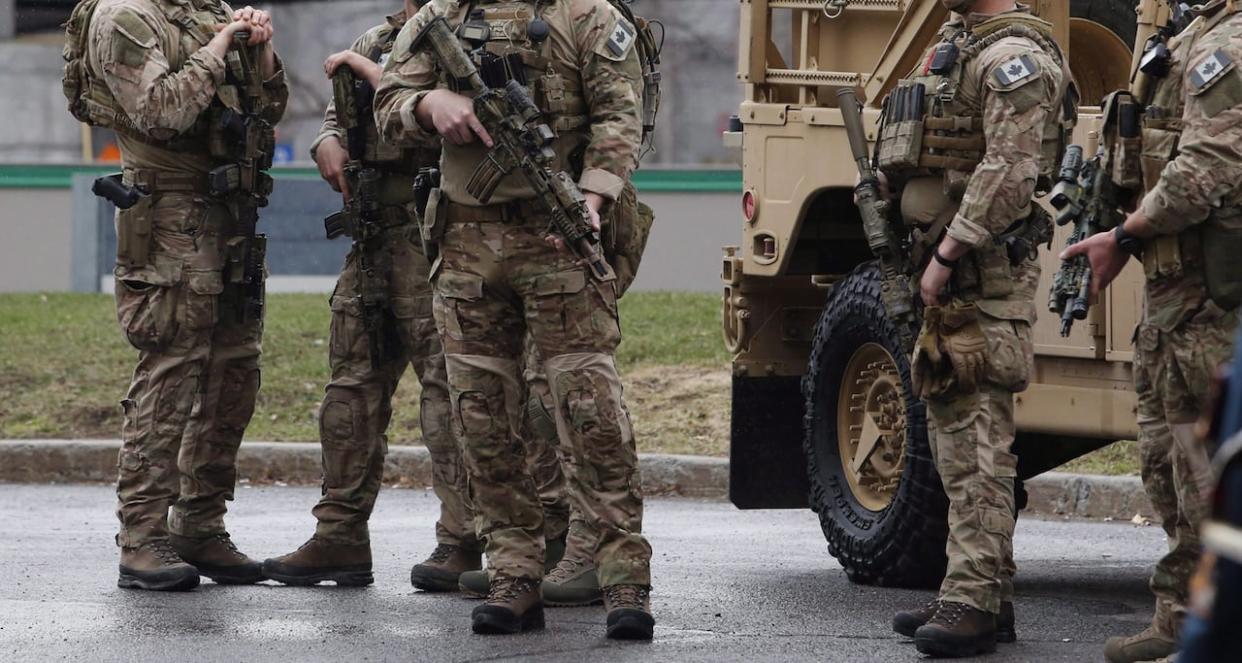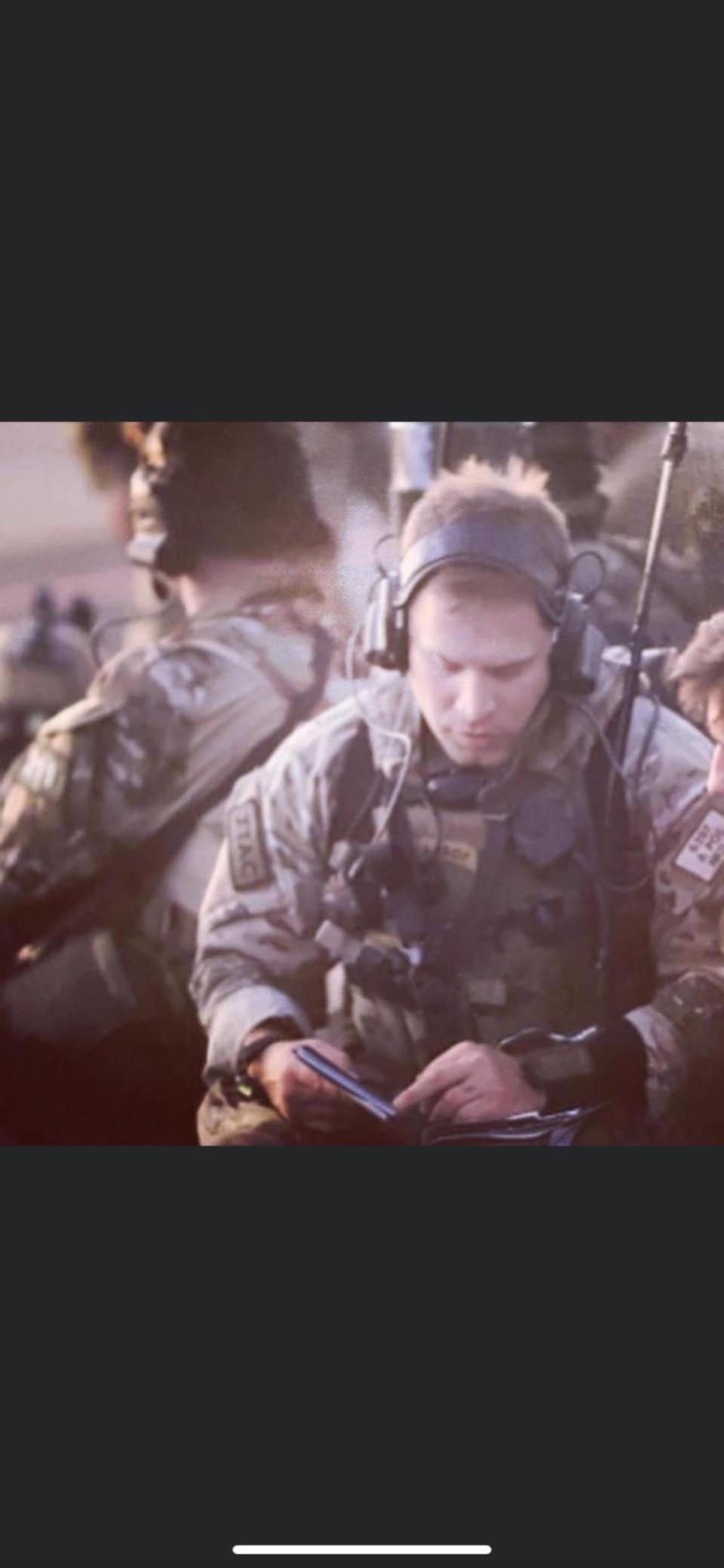For some special forces veterans, Ottawa's disability settlement means little

Three years after Master Cpl. Bryan Gagne was shot in northern Iraq while trying to help save a fellow Canadian special forces soldier, he found himself shuffled to a military transition unit, a medal of bravery on his record, but a mind and body badly damaged.
Little did he know at the time, but that move between units leading back to civilian life would have significant future financial repercussions, denying him a sizable payout from a recently settled $283-million class-action lawsuit involving military disability benefits.
"If I had the wherewithal at the time to say, 'Hey, guys, I think this is going to mess me up in the future, we should take a look at my release status,' I would have," Gagne said.
Earlier this year, the federal government agreed to pay additional benefits to more than 8,000 injured former Canadian Forces members, along with retroactive payments.
A 2020 ruling out of Federal Court in Halifax found the military should have taken into account top-up allowances paid for certain difficult work, such as serving on submarines or in special operations, or for being posted to expensive areas, when calculating disability benefits at 75 per cent of monthly pay.

Master Cpl. Bryan Gagne is shown in Iraq in 2015 while serving with the Canadian Special Operations Regiment. (Submitted by Bryan Gagne)
For many injured veterans who served in particularly arduous conditions, the settlement is likely worth hundreds or even a couple of thousand dollars a month in additional benefits. For at least a handful of others, like Gagne, it isn't worth a penny.
The settlement only applies to those who were receiving monthly allowances when they were medically released. But a number of injured former special forces soldiers who spoke or corresponded with CBC News said they don't qualify because their allowances were pulled when they were moved through a transition unit before their discharge.
The Joint Personnel Service Unit aimed to care and support ill and injured military members, helping them to either return to work or move on to life as a civilian.
It's not clear how many former special forces soldiers don't qualify for the settlement due to being medically discharged through the unit. Daniel Wallace, the Halifax lawyer who led the class action, said his firm has heard from several, but does not keep count.
The Department of National Defence said in a statement Friday that the class-action settlement agreement does not allow the government to amend who qualifies for the extra benefits or make exceptions.
'It would help out in many ways'
Matthew Smith, who said he served in the Canadian Special Operations Regiment from 2006-2017, including four tours of Afghanistan, said he agreed to go to the transition unit as he grappled with mental health issues. He was later medically released from the military.
The 42-year-old father of three children said his work with special forces took him away from his family for long periods. He's not the same person, physically or mentally, that he was before going to war, but he's trying to make back the time he lost with his children.
Some extra disability money would help, he said.
"Ask anyone how much would an extra thousand dollars help out a month. It would go a long way," Smith said.
Gagne, who lives in Sault Ste. Marie, Ont., earned a $1,926-a-month allowance on top of his regular military salary while serving with the Canadian Special Operations Regiment, including four tours of Afghanistan. His total annual pay, including allowances, was about $86,000 a year.
In 2015, he was part of a team helping Kurdish forces fight ISIS in northern Iraq when Sgt. Andrew Joseph Doiron was killed by friendly fire while their unit was returning to an observation post in darkness.
Gagne drew attention to himself to convince the Kurdish soldiers of their identities, while another soldier exposed himself to fire as he tried to help Doiron. Both Gagne and the other soldier earned medals of bravery.
By 2018, Gagne was in the transition unit, suffering from post-traumatic stress disorder and a number of physical injuries. He said he spent seven months there, losing his allowance along the way.
Years later, he realizes the implications of that, and believes he and others like him are entitled to the higher disability benefits.
"We earned that money," he said.
MORE TOP STORIES


